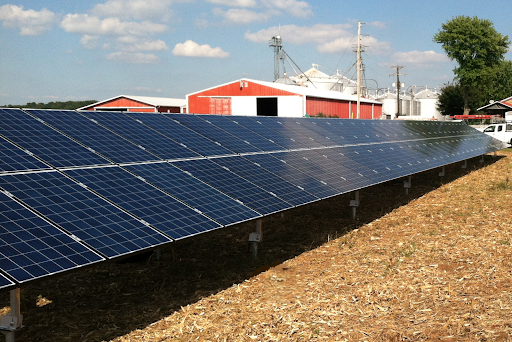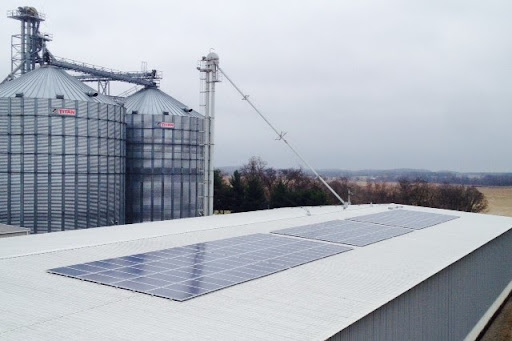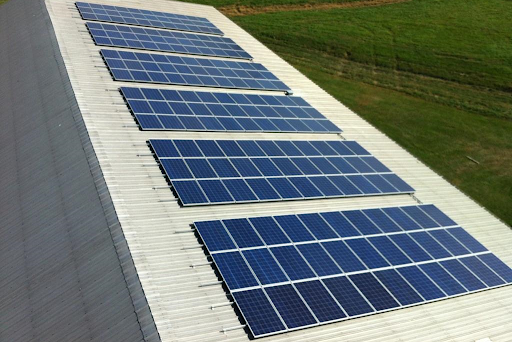Commercial Solar in Rural Kentucky

Solar power systems can be a sound financial investment, particularly for small businesses in rural parts of Kentucky. A few perks of this kind of investment include:
Tax Incentives
The federal government still offers substantial tax incentives for all commercial projects, regardless of location. The solar tax credit and accelerated depreciation can reduce the cost of a commercial solar solution by up to fifty percent. Available federal tax incentives for solar energy include the 26% investment tax credit (ITC) and the 1-year Modified Accelerated Cost Recovery System (MACRS) benefit. Currently, the federal tax credit is available until December 31, 2022. For those interested in claiming solar tax incentives, LightWave Solar recommends discussing it with a tax professional.
Energy Grants
The USDA awards energy grants to eligible rural business owners and farmers to further reduce the cost of installing solar power systems. USDA’s REAP (Rural Energy for America Program) grants can cover up to 25% of total solar solution costs. LightWave has helped over 100 small business owners and farmers in Kentucky and Tennessee apply for and receive the USDA REAP grant. The next REAP application deadline is March 30, 2022.

Reduced Electric Bills
Electric utilities in parts of Kentucky still provide attractive net metering policies to their customers who generate solar. With net metering, solar energy can significantly reduce electric bills since excess solar energy is sent back to the utility and paid for in a monthly bill credit.

One way a small business owner can evaluate an investment in a solar-powered system is to ask, “What will I pay for electricity over the next decade if I do not install solar?” Then, they can compare the cost of a solar-powered system as well as the annual savings, tax benefits, and grant money that help pay for it. After a certain amount of time, usually within four to seven years, the solar energy will have paid for itself. After that, solar panels will generate electricity for another 20+ years. Solar panels are warrantied for 25 years.
If you’re a small business owner in Tennessee or Kentucky and are looking to invest in a solar power system, contact the LightWave Solar team today. We can help you understand if and how solar energy can strengthen your business.
What are the Next Steps?
Book Your Free Solar Consultation with one of Solar Project Consultants!







